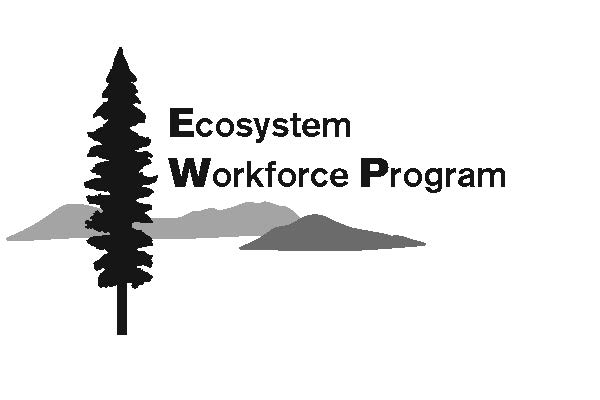Governing ecosystem adaptation: An investigation of adaptive capacity within environmental governance networks
| Title | Governing ecosystem adaptation: An investigation of adaptive capacity within environmental governance networks |
| Publication Type | Journal Article |
| Year of Publication | 2022 |
| Authors | Sehrsweeney, M, Fischer, APaige |
| Journal | Environmental Science and Policy |
| Volume | 134 |
| Start Page | 46 |
| Pagination | 46-56 |
| Date Published | 04/2022 |
| Keywords | adaptive capacity, ecosystem management, governance network, technical reports and journal articles |
| Abstract | Climate change is impacting ecosystems in dynamic ways. In order to mitigate the risks brought about by these ecosystem changes, ecosystem management, which has historically focused on preservation and preventing change, must now be much more flexible and responsive. The capacity to adapt management approaches to current and future climate conditions is fundamentally a function of access to resources and social capital, both of which are considerably influenced by underlying socio-political conditions. While a growing body of research addresses the adaptive capacity of individuals, communities, and organizations, less research has investigated adaptive capacity within the arrangements of diverse public and private organizations that typically manage ecosystems, also known as governance networks. Furthermore, most research on adaptive capacity seeks to evaluate it deductively across a framework of high-level indicators without attending to the underlying conditions that contribute to the variation in these measures. To address these gaps, we conducted a case study analysis of three governance networks in the Pacific Northwestern US, investigating the socio-political conditions underlying key dimensions of adaptive capacity. Using a set of 49 interviews with actors engaged in ecosystem management across the three regions, we found evidence that adaptive capacity in the context of the governance networks was shaped by four key underlying socio-political conditions: political power, legal power, institutional support, and the extent of protected land. In so doing, this study advances understanding of adaptive capacity, moving toward an approach that answers to a call for greater attention to history, politics, and power dynamics. |
| DOI | 10.1016/j.envsci.2022.03.021 |




